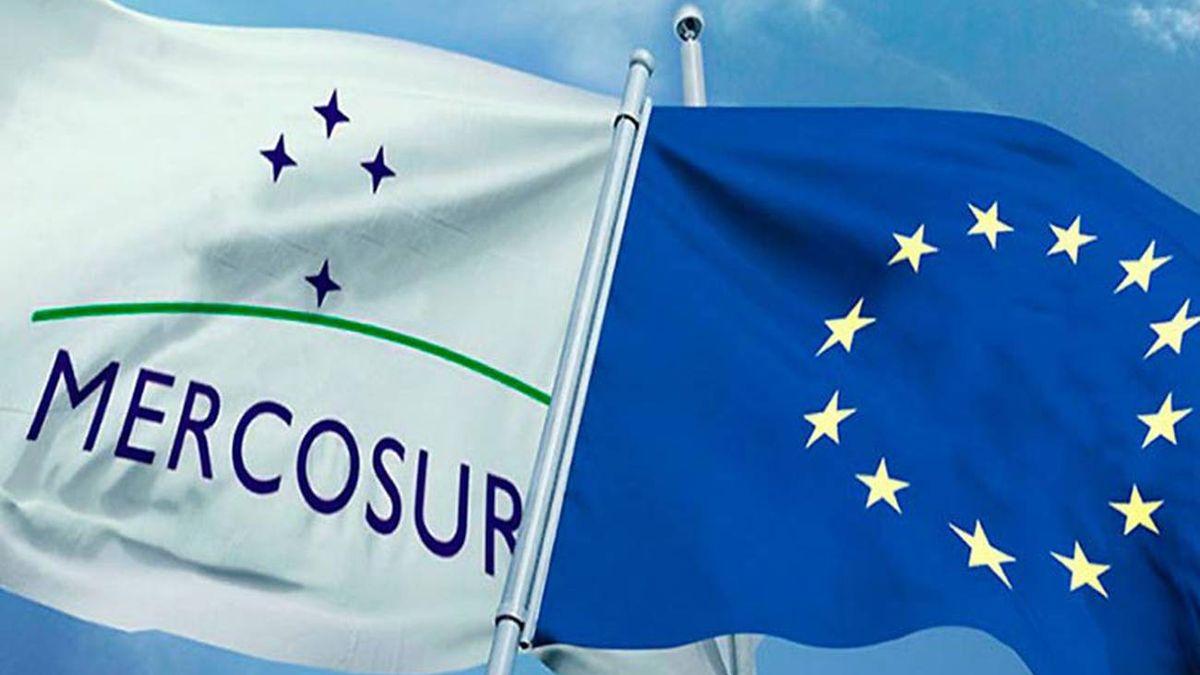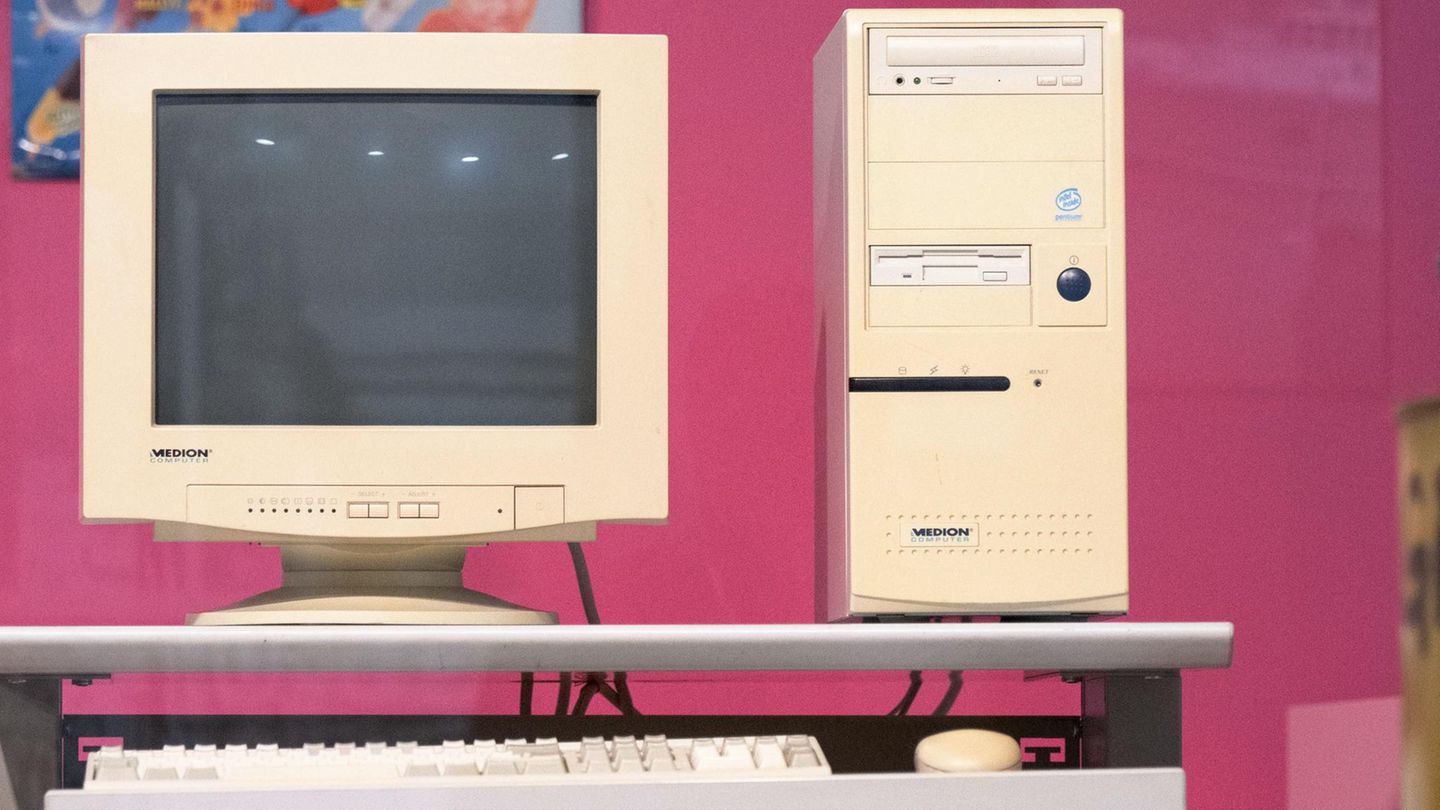He Mercosur-European Union (EU) agreement faces key weeks that will define its viability or not after 25 years of negotiations between the two blocs; and although since Uruguay there are no great expectations, since Europe They insist on reaching the agreement before the end of the year.
The ball is in European court: after the letter sent from the Mercosur in response to the demands of the EU – especially in environmental matters – and the ultimatum made by the president of Paraguay, Santiago Peña, must step on the accelerator to meet the established dates and sign the agreement in December.
While everything seems to indicate that with the pro tempore presidency of the bloc led by the Paraguayan president on December 6, the negotiations could return to zero, the European Commission (EC) Keep sending positive signals. “We aspire to complete ambitious trade agreements with Australia, Mexico and the Mercosur by the end of this year”, declared the executive vice-president of the EC, Maros Sefcovic, during a debate in European Chamber dedicated to the preparations for next week’s European summit.
In parallel, the EU trade ministersunder the rotating presidency of Spain, will meet tomorrow to address how to accelerate the trade agreements that the European bloc has in place, among them, the pending one with the Mercosur.
“Latin America it’s a fundamental partner and reliable for the European Union, so it is a priority to close trade agreements with this region to increase the diversification and resilience of production chains,” they pointed out from Europe.
What prospects does Uruguay have?
The expectations placed on quickly closing the Mercosur-EU agreement in order to have the bloc’s efforts concentrated on a trade agreement with China —in the absence of Free Trade Agreement (FTA) bilateral with the Asian country that the government continues to try – were quite far away in time, after all the obstacles that the negotiations with Europe have had in recent months.
Discussions around environmental issues are the main obstacles with the EU, but they also generate internal disputes: Brazil and Argentina They want to reopen chapters to propose “compensations” for the environmental requirements in commerce, while Uruguay and Paraguay They are opposed due to the delays that this could generate in the signing of the agreement. Consequently, the skepticism It is the majority in the Uruguayan government.
Meanwhile, the Paraguayan ultimatum is, on the one hand, a new drawback—if, in the end, it fails to accelerate political decisions in the European Comission-; but it can also be an opportunity to Uruguay: If the signature of the Mercosur-EU agreement, at least there is the guarantee that the regional bloc will seek to negotiate with other multilateral groups. And this, for the country, can mean not only a rapprochement with China but also with the members of the Trans-Pacific Partnership which he also aspires to enter.
The possibility of starting conversations with BRICS —the group of emerging economies of which Brazil is a part along with Russia, India, China and South Africa, among other countries—was also raised by the Brazilian president Luiz Inácio Lula da Silva previously, in the face of the EU’s delays and obstinacy over environmental issues.
Source: Ambito




